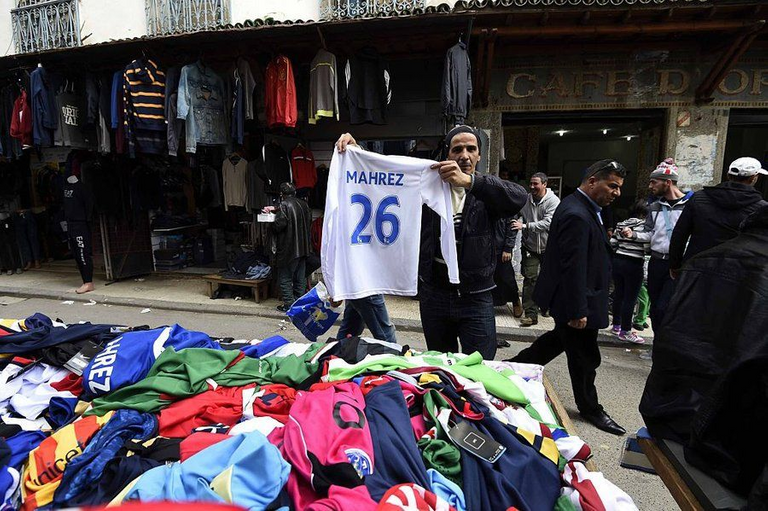For a long time, I've had the general sense that donations alone can't solve extreme poverty in other countries, since, at some point, they have to start producing things themselves, but I never had a good understanding of the reason for this or what the proper solutions would be until I watched the documentary film Poverty, Inc. This movie showed several examples of the effect that aid from NGOs and other humanitarian organizations really had on countries with extreme poverty. Large amounts of aid provided for a long time actually cripples these places further by removing competition in the marketplaces. It argued that the solution for extremely poor populations to be able to rise out of poverty is to let them have connections to banks, the internet, and the global market. To quote Herman Chinery-Hesse in the film, "The people [in Africa] are not stupid, they are just disconnected from global trade, that's all."
To be honest, this film left me a bit dumbfounded, because I wrote in my previous article that, if only all the resources in the world were distributed evenly, then there wouldn't be any more extreme poverty. Now I know this isn't necessarily true; handing out large amounts of free things to an impoverished population may be helpful initially, but over time this will only hurt the economy there. An example they used in the film was an egg farmer, who was initially very poor, but began to make a viable living off of selling eggs. However, right as he was about to break free from poverty, an NGO donated thousands of eggs to that area, and then there was no reason for people to buy that man's eggs when they could just get some for free. This put the egg farmer out of business, forcing him to sell his hens. That community was crippled because there was no longer a way for the people there to viably produce their own businesses.
Thus, I now think that extreme poverty is less of an issue of resource distribution and more of an issue of free market. People in Africa are not stupid; when they are allowed to commerce with the global market, they are fully capable of starting their own businesses to produce their own crops, textiles, solar panels, and just about any other product. Why wouldn't they be? Because resources provided by outside aid are free, erasing competition with the businesses there. I now know why the film is named "Poverty, Inc." Organizations that provide copious amount of "aid" to impoverished countries are monopolies that destroy competition with small businesses in order to receive millions of dollars of funding from their governments and donors. This is not to say that all aid is evil and heartless. Some forms of aid come from great compassion, but large and continuous amounts of aid from massive NGOs designed to further impoverish poor places for massive profit are completely diabolical.
As a sidenote, I'd like to add that outside aid obviously isn't always bad. When a massive earthquake hit Haiti several years ago, the people there desperately needed outside aid. But instead of helping Haiti rebuild on their own and become self-sustaining, some organizations got greedy and decided to continue to provide aid to Haiti to profit from the governments and donors donating to them, and we all know the rest.
